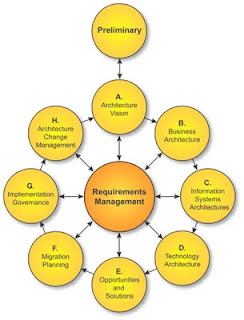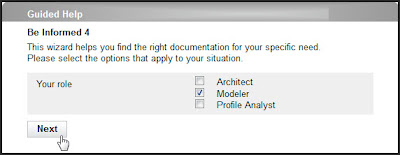Personal Branding: lessons learned from product marketing (PART 5)
 In the previous episodes of this blog series we have looked at the lessons I have learned on Product Branding during my days as a product marketer:
In the previous episodes of this blog series we have looked at the lessons I have learned on Product Branding during my days as a product marketer:
- Lesson 1: Define your goal
- Lesson 2: Stay close to the facts
- Lesson 3: Be clear about your motives
- Lesson 4: Don’t wait until tomorrow
Lesson 5: Keep your brand intact
Imagine yourself being the product marketer of company that delivers business software. You have established a strong brand for your company and its products and you are planning to continue working on this brand. But then something happens that immediately impacts the value of your brand: one of your clients has published a rather negative article about your product. The article gets a lot of attention both in printed press as on the social media. A very common reaction to bad publicity is to go into defense and deny everything. It is in our nature to react in such a way to accusations, but is it the best thing to do? By denying your clients accusations, you in fact accuse your client of being either a liar or bad informed. The signal that you in such a case send out is that your company not listens to its customers. And that will impact your brand even more. A better approach – though often hard especially if you feel the criticism is unfair – is to publically apologize for the inconvenience of your client and let the public know that you understand the complaints by repeating them one by one. Ignore the urge to immediately offer a solution but instead ask your client – and through this client the public – how they would like to see the problem solved. In this way you will start a public conversation which – if handled well – can in the end increase the value of your brand and make the brand even stronger than it was before the incident.From product branding to personal branding
Although bad publicity seems to be something that is more related to product branding than to personal branding, the problem can be very similar although often on a smaller scale. Ask yourself: how do you react when a client provides you with negative feedback? Or how do you respond to negative responses on your social media? And what happens if you choose to deny – or ignore – these messages? Right, you can end up in a downward spiral. So if someone – either directly or through social media – provides you with negative feedback or criticizes your behavior, it is in general best to follow this approach:- Carefully listen to what the other has to say (if it is in a face to face conversation)
- Confirm to the other that you understand the problem
- Repeat all aspects mentioned by the other, if possible as literal as possible
- Ask the other how you can solve the problem
- Keep the conversation going until the problem is solved and the other has confirmed to be happy with the resolution you have provided.


Comments